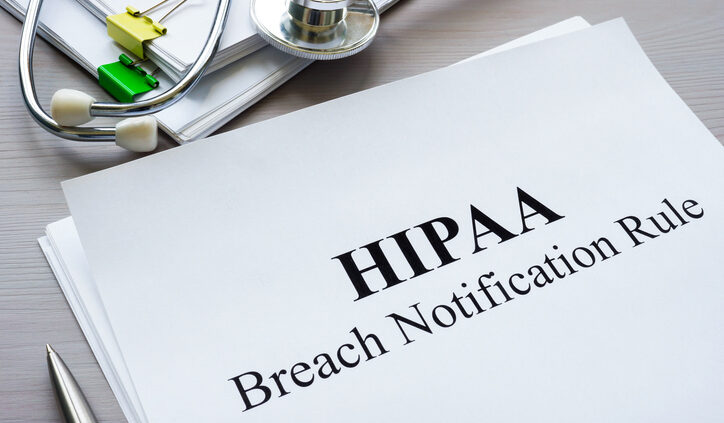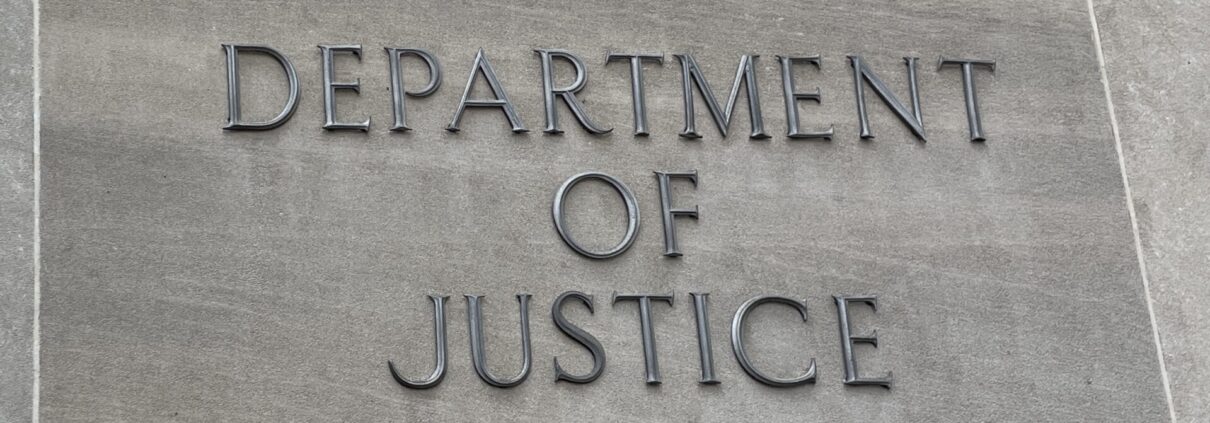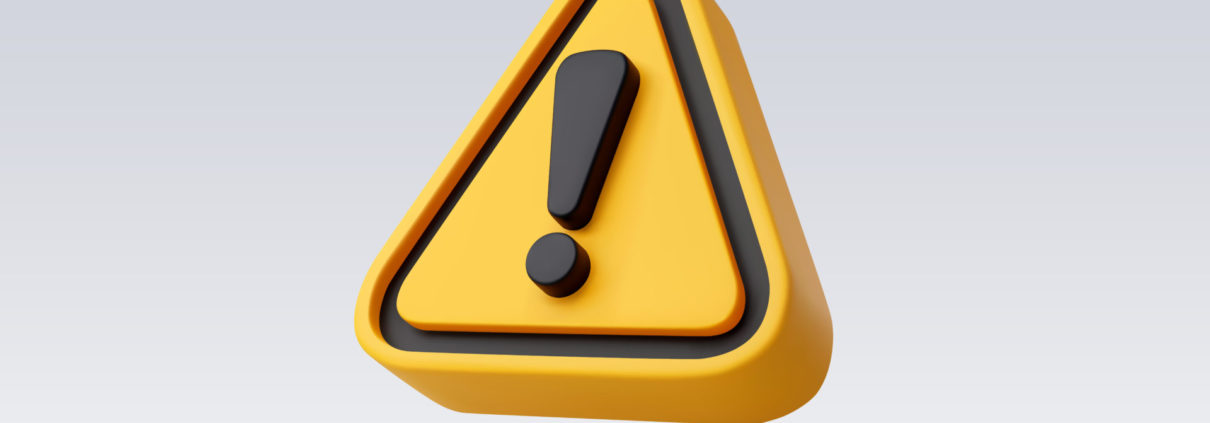As the year winds down, it is important to verify that all staff have completed their required training. Once the clock strikes midnight on December 31st, all 2025 training requirements must be completed. If the pharmacy has staff who have not completed their training by this deadline, the pharmacy will be considered non-compliant with CMS and PBM requirements. Staff are not able to retroactively complete 2025 training in 2026. Auditors, especially those visiting on-site, routinely request proof of FWA and HIPAA training for all staff. Non-compliance can result in contract termination, so take action now to ensure your pharmacy avoids this risk.
FWA and HIPAA Training: All employees involved in the filling, billing, dispensing or delivery of Medicare and/or Medicaid prescriptions are required to complete FWA training within 30 days of hire (per PBM requirements) and at least once per year thereafter. The training itself should cover FWA and General Compliance topics and must include details outlining your pharmacy’s specific policies and procedures for how you prevent, detect, and correct FWA. Training and education for employees includes the CEO, senior administrators, and managers as per CMS Chapter 9.50.3. Since interns, float staff, cashiers and delivery drivers are involved in daily pharmacy operations such as billing, filling, counseling, dispensing, delivery of services and/or other professional services, they must also complete FWA training.
Safeguarding the pharmacy’s PHI is mandatory for all staff who may come into contact with this sensitive data (including cashiers and delivery drivers). Requiring HIPAA training before interns, job shadows, or floating pharmacy staff are allowed behind the pharmacy counter helps ensure they understand proper safeguards and the serious consequences (including civil monetary penalties and criminal consequences) of improperly disclosing PHI. Additionally, if an employee has access behind the pharmacy counter, they need to be HIPAA trained.
Pharmacy staff who are contracted to deliver medications for your pharmacy, work on a temporary basis or simply float through your store are also subject to FWA and HIPAA training requirements. Whether these employees are hired directly by your pharmacy (or paid through a 1099), or they are contracted through a third-party staffing company, the burden is on the pharmacy owners/operators to ensure all members of their staff have received appropriate training.
The PAAS National® FWA/HIPAA Compliance Program membership includes educational presentations and comprehension quizzes through the Member Portal. Current FWA/HIPAA Compliance Program members should log in and ensure their 2025 training is complete.
- All employees must complete the 2025 FWA Modules 1-4
- All employees must review and sign the Employee Compliance Training Handbook Acknowledgement as well as the Code of Conduct
- Account administrators should have received an email notification in mid-October if any of their employees have incomplete quizzes or missing signatures and will receive one to two more email reminders from PAAS before the end of the year if any quiz or signature remains incomplete
Cultural Competency Training: When completing your annual profile credentialing through the NCPDP website, pharmacies must indicate whether they train their staff on cultural competency. By answering “yes” the pharmacy attests to training their staff and to maintaining documented evidence of such training. An answer of “no” may lead to PBMs excluding your pharmacy from their list of providers offering culturally competent care (a requirement for Medicaid managed care plan directories). More information about this training can be found in the May 2024 Newline article and within the On-Demand Webinar, both titled Does My Pharmacy Really Need Cultural Competency Training? Both resources speak to the importance of this training as well as federal laws and regulations related to discrimination and cultural competency requirements for healthcare professionals.
Cybersecurity Training: The dynamic nature of cyberthreats necessitates continual adaptation and vigilance. Cybersecurity training helps equip staff with essential knowledge regarding best practices to hinder potential threats related to network connected medical device security, insider data loss, loss or theft of equipment and data, ransomware, and social engineering. Threats lurk around every digital corner and safeguarding sensitive information has never been more crucial. That is why PAAS added Cybersecurity training (starting in 2024) to the FWA/HIPAA Compliance Program Membership package at no additional cost!
USP 800 Compliance Training: USP 800 is not just for compounding pharmacies! Exposure to hazardous drugs (HDs) extend to everyone working in the pharmacy, from the pharmacists and pharmacy technicians who handle HDs, to those who work at the pharmacy counter or in the receiving and delivery areas. The key is developing good practices to contain or reduce risk. Per OSHA, the safe handling of HDs in accordance with USP 800 is considered a “national professional standard” as a pharmacy process “to protect the safety and health of employees”. A USP 800 compliance program is a necessary step to protect the health and safety of employees, patients in the pharmacy, and the environment. It can also help reduce employer liability from frivolous lawsuits through employee training, competency documentation and employee acknowledgements.
Contact PAAS for more information on how we can help you reach your compliance requirements.












